
An HOA is a legal entity that manages shared housing environment, whether it’s a condo, a row of townhouses or a single family housing development with shared areas. An HOA collects monthly dues from its members to fund its activities. When factoring in how much home you can afford, these dues are an important consideration.
An HOA manages and pays for the common elements in your development, which can include things like a shared roof, landscaping, maintenance of sidewalks and parking lots, shared fencing, mailboxes and entry gates. It also includes things like paying for the development’s security or maintaining a shared swimming pool or playground. An HOA should also have property insurance for the common areas, as well as liability insurance should someone have a slip, trip or fall on the shared property and decide to sue.
What your HOA covers depends on whether you have a condo, townhouse or detached home. The general rule of thumb for condo owners is that everything within the walls of your home is your responsibility, while everything outside those walls is the responsibility of your HOA. For townhomes and detached single family homes, you may be responsible for the exterior of your home and your yard.
You automatically become a member of an HOA when you buy. While HOAs in smaller condo buildings are often fairly informal, an HOA still exists. Generally, all HOAs have a president, treasurer and secretary – or some other way to divide up responsibilities. In some cases, officers (and board members) will get paid a stipend, but often they’re simply volunteering their time. The structure of an association can vary, depending on the total number of members. Larger associations will also have elected board members, who are responsible for making decisions about the association’s activities. However, informal smaller HOAs (for example, a condo building with only four units) often don’t have a board and make major decisions by an all-member vote.
An HOA is a legal corporation, registered with the Secretary of State. It has a formally filed charter and bylaws, as well as covenants, conditions and restrictions (CC&Rs). Some of these rules can directly affect how you live – for example, some suburban HOAs can require your grass to be cut to a certain length, or can require you to get the HOA’s approval before you choose a new exterior paint color on your home. And, often, if you want to do extensive remodeling in the interior of your home, you need to get the plan approved by your HOA, particularly if you’re living in a condo unit, where structural changes can affect the structural integrity of the building, and where the noise can affect your neighbors. Some condo HOAs will require you to have carpet, so that downstairs neighbors aren’t affected by the noise of your footsteps.
One CC&R to look out for is a rental cap. Condo buildings will often limit the number of units that can be rented out (usually a maximum of 20 percent) so that the building won’t turn into a de facto apartment complex.

The rules, restrictions and enforcement vary significantly by association – which is why it’s important to read the CC&Rs carefully before you buy. If there are certain restrictions that you know would bother you, you very well may decide it’s not worth it to buy.
There are two things that make for an effective, healthy HOA: a lack of squabbling and plenty of money. Unfortunately, it’s not uncommon for disagreements between the association and an individual member to escalate to a lawsuit. If you see that an HOA has been involved in a series of lawsuits, this should be a significant red flag – you may be stepping into a litigious, contentious space by buying.
The other main sign of health is the amount of money an HOA has on hand, known as its reserves. An HOA needs enough money to cover regular expenses, as well as any emergencies and intermittent, larger maintenance costs. For example, if a series of townhomes has a shared communal garage and the roof of the garage needs to be reshingled every 20 years, the HOA should have planned for this and would have enough money on hand to pay for it.
If the HOA is short on funds, it will either skimp on maintenance or, more likely, it will charge each member a “special assessment,” a one-time payment to cover costs. In other words, if your HOA doesn’t have its finances organized, it can directly affect your finances.
So what’s a fair amount for HOA dues? It depends on what you get. If you’re in a condo building with a doorman, a swimming pool and a weight room, your dues will be higher – you need to pay something to get something. On the flipside, if your condo building has only a shared front yard and the common hallways to get to the units, your HOAs should be far lower – you don’t pay much, but you don’t get much. Similarly, if an association keeps relatively modest reserves with the expectation of occasional special assessments, your HOA dues should be lower than that of an identical association that chooses to keep significant reserves to avoid special assessments. If you’re unsure, ask your real estate agent what is reasonable for the area.









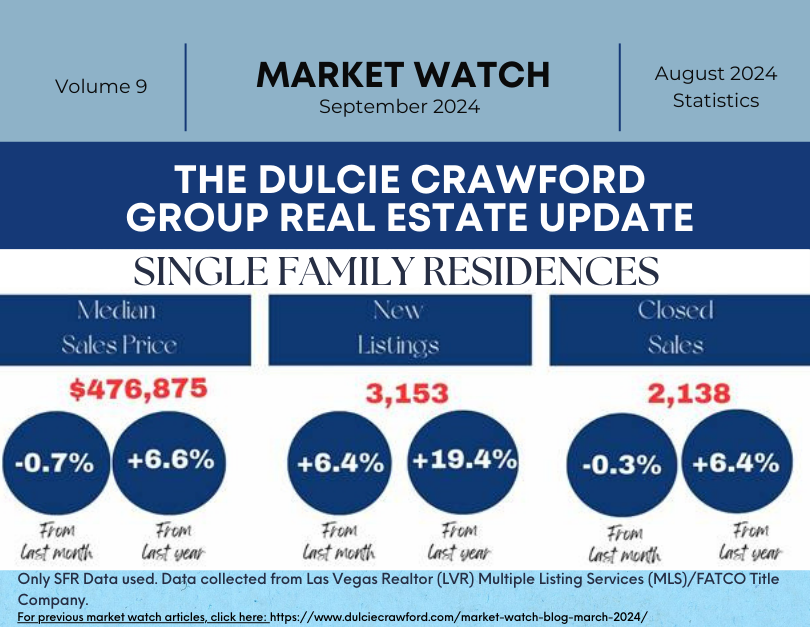

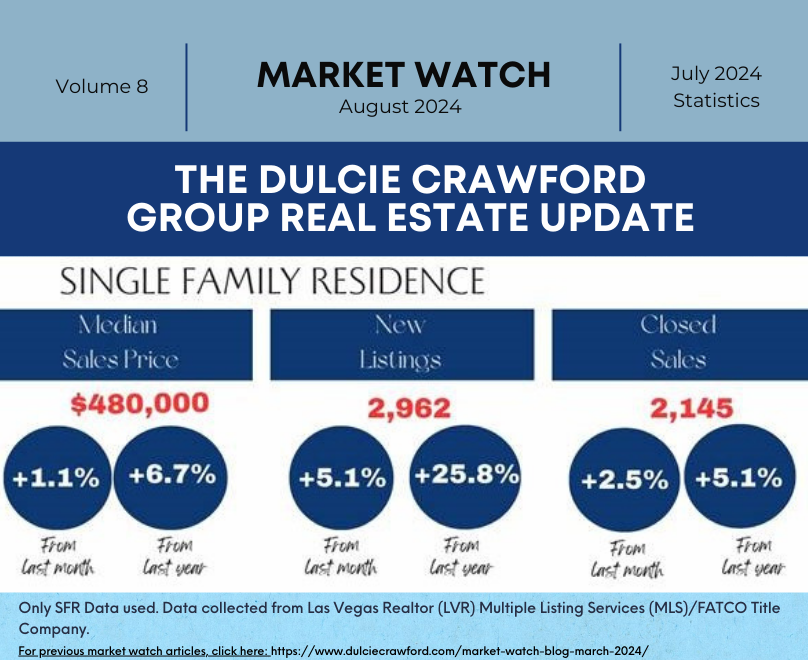

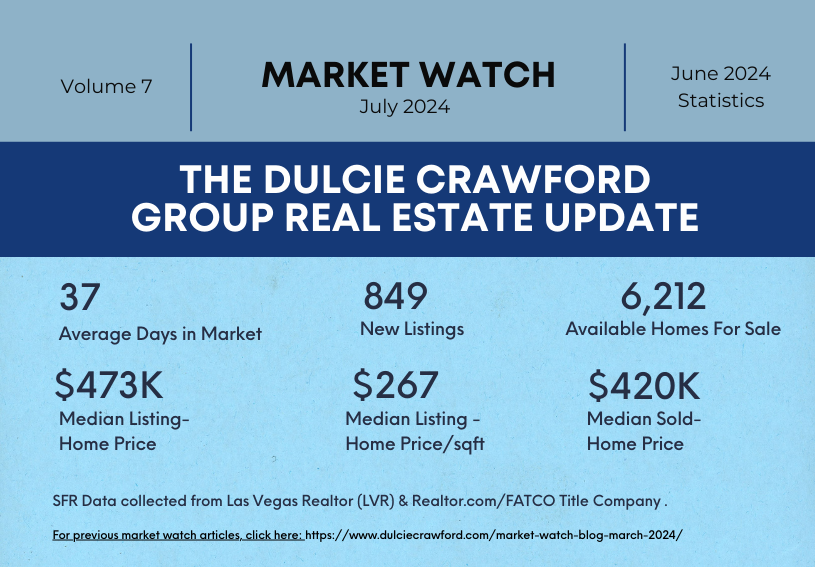

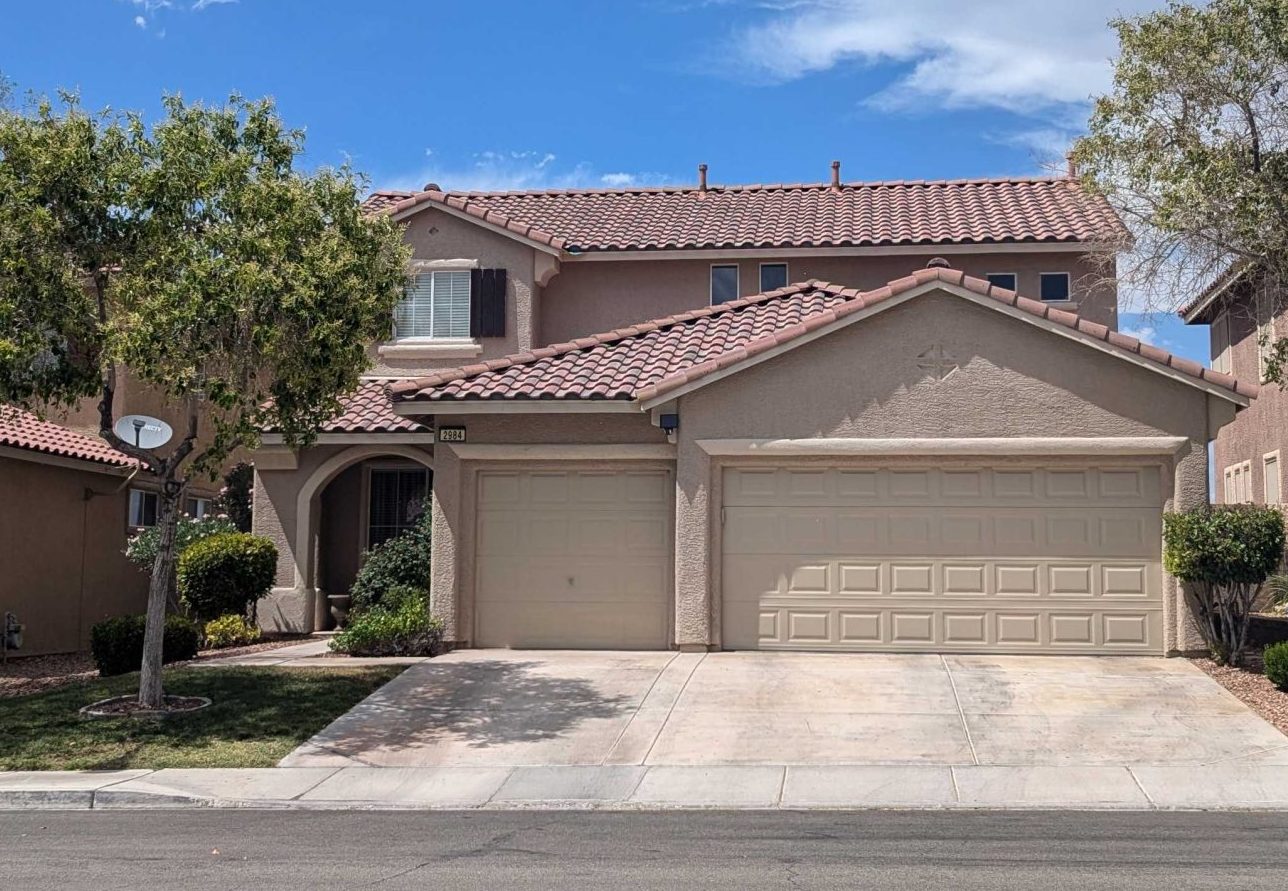


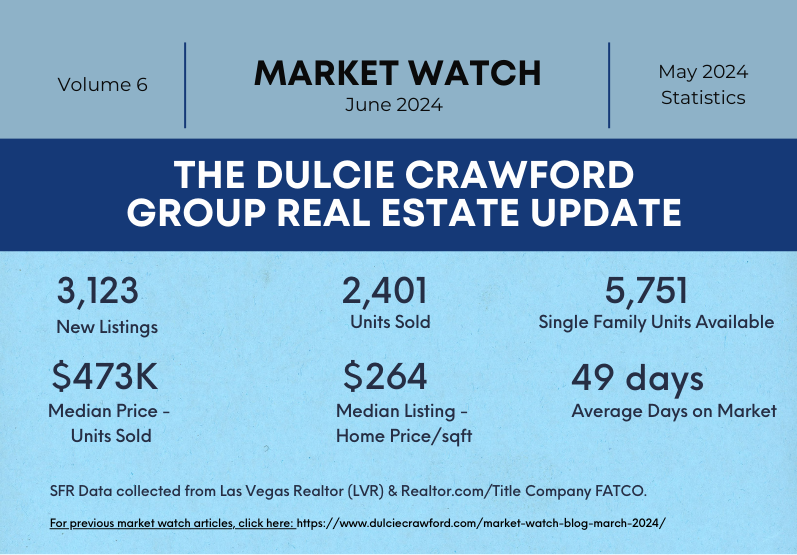

Leave A Comment
You must be logged in to post a comment.